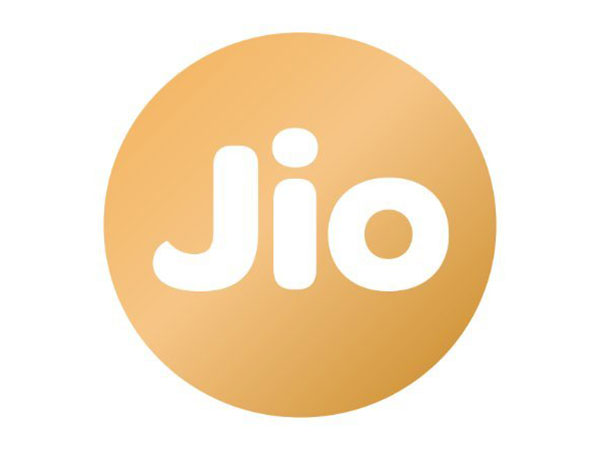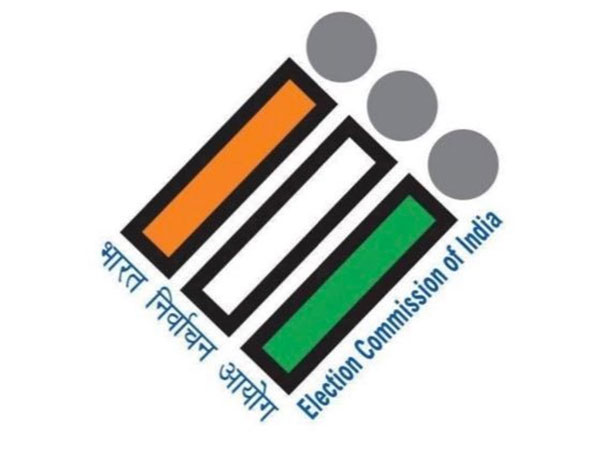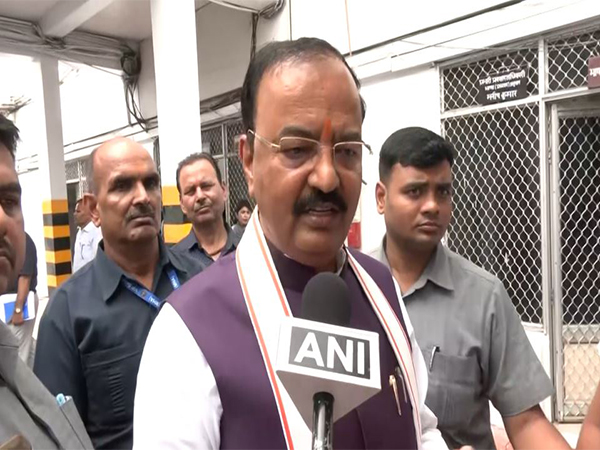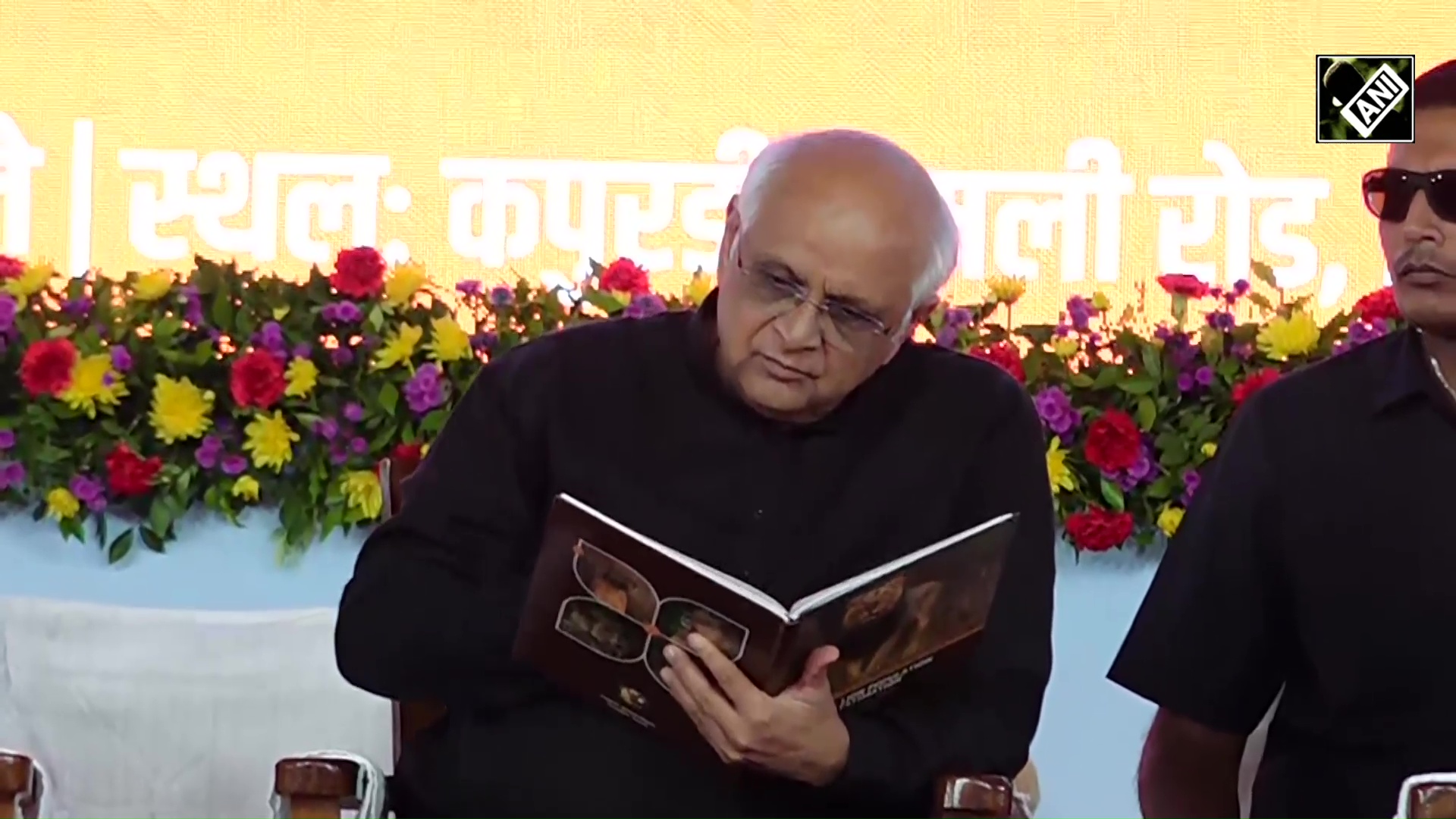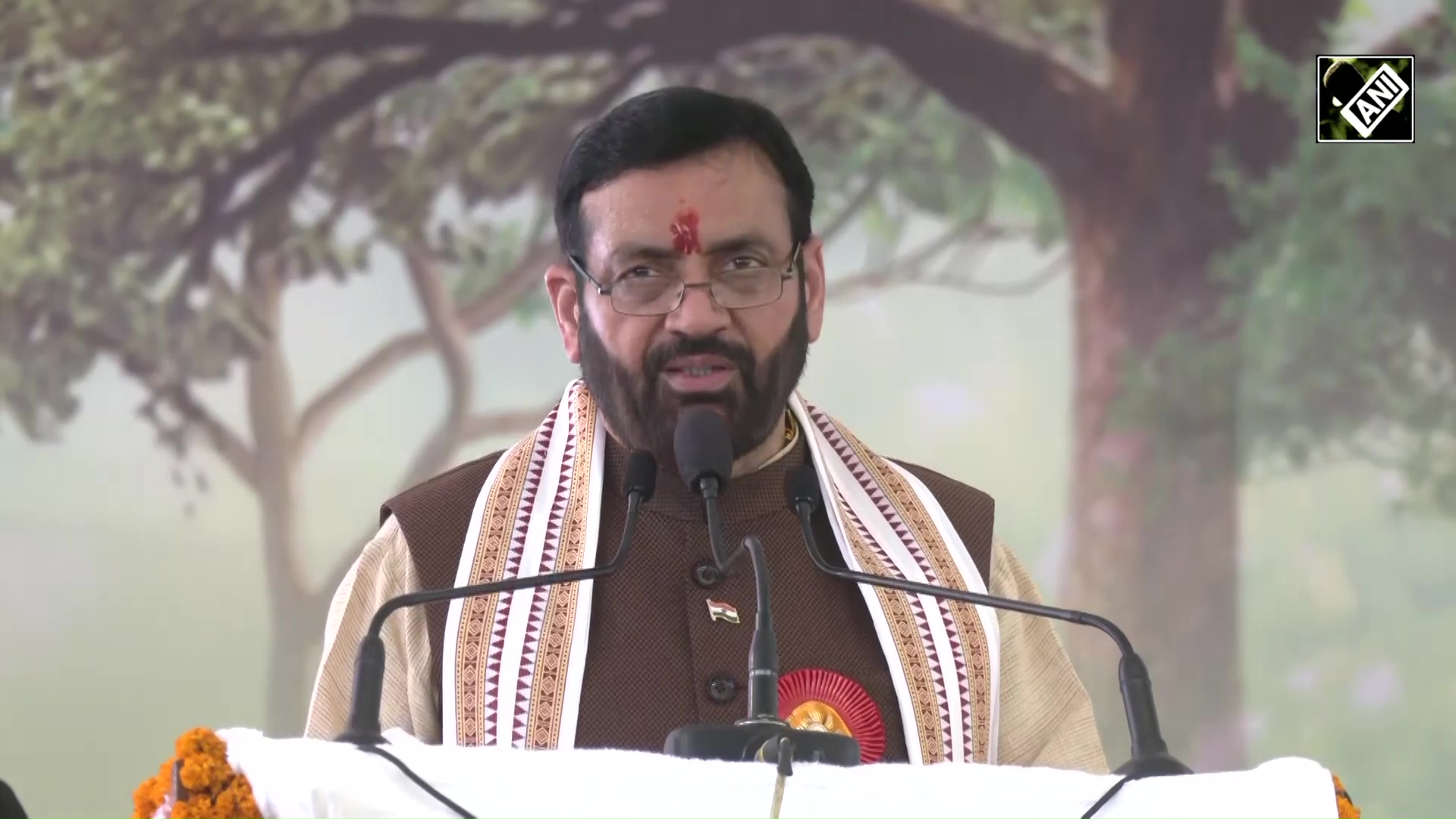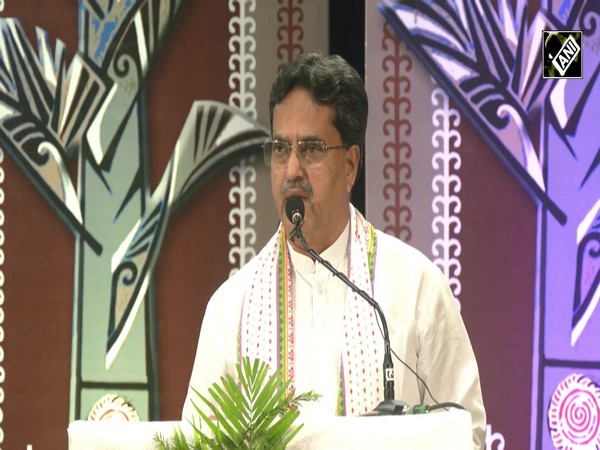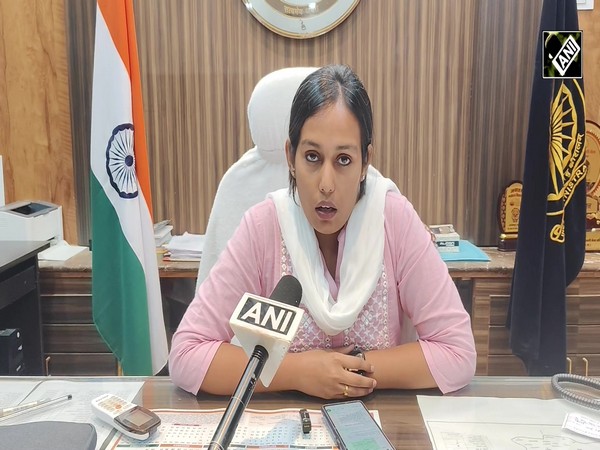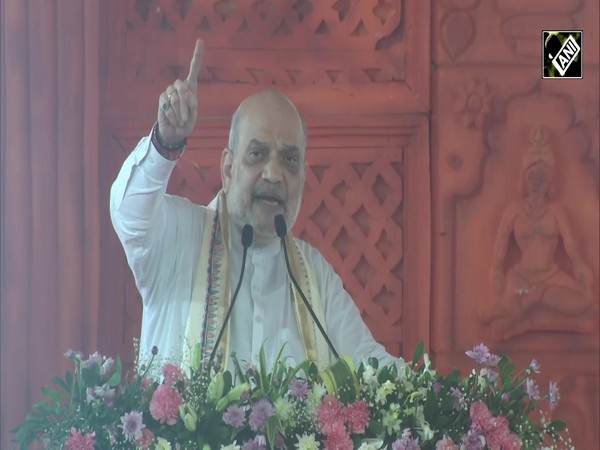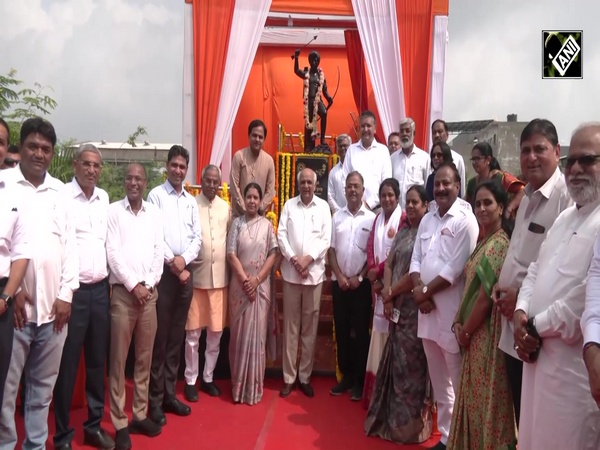Post-COVID impact on B2B payments in India and expectations of industry from the Union Budget
Jan 31, 2022

Bangalore (Karnataka) [India], January 31 (ANI/NewsVoir): The increasing digitalization and digitization trends in India is one of the major factors being considered for the exponential growth in B2B payments. The present-day scenario suggests that there are several factors that make B2B payments to be important in the upcoming union budget.
KredX, a leading integrated financial solutions provider accelerating finance through the use of innovative technology, has released an analytical report to reveal the impact of pandemic on B2B payments. The report is a proprietary analysis and not a suggestive document. It's based on real-time research, analysis and conjuring actual scenarios and timelines across industries. It highlights the real challenges faced by the industries and reveals information from ground realities.
To view the report, please click
.
KredX, in its report, recommends that the government in its upcoming budget, may need to look deeper into this sector differently and come up with financial aids or other schemes to infuse liquidity in these sectors.
While highlighting the challenges of the industry, Manish Kumar, CEO, KredX says, "Every sector has a different liquidity problem, and the pandemic escalated those challenges in some industries more than others. Therefore, considering that there are now various payment scenarios in every industry, the Government might have to look at the sectors differently while coming up with financing or other schemes to infuse liquidity in them."
The analysis has been categorized broadly under eight industry segments- Offline-Retail, Manufacturing, FMCG, Infrastructure, Online-Retail, Logistics, IT Manpower (White Collar), and Automobiles (Two Wheeler OEMs). One clear trend that stands out from the analysis is that payment terms have deteriorated significantly, except for two segments. The most significantly impacted segment was the Offline-Retail where the payment terms increased from 66 days in the pre-COVID era to around 149 days in the post-COVID.
The report has been analyzed and worked on from actual payment data within the platform. The sheer volume of transactions that happen within the platform across products gives us a much clearer picture of the supply chain and B2B payment cycle issues. Most organisations will not have this inward view.
"With India moving towards a cashless economy, the cash-driven MSMEs need to understand the significance of digitalisation and adopt tech-driven solutions to manage their payment terms. Digital transformation has touched every inch of the supply chain, and payment terms are no exception," says the report, The Changing Contours Of B2B Payment Trends: Pre- & Post-COVID.
Founded in 2015 in Bangalore, KredX aims to become the world's fastest Operating System for supply chain finance. It has processed over 1 Million transactions and over $3 billion transaction in value and helped about 25000 businesses within the entire supply chain ecosystem. KredX has also launched services in the Middle East with its partner and is now on its way to become a truly global company. Today, KredX solves financial problems of all kinds of businesses while offering investors a unique opportunity to make low-risk and high-return investments.
Founder & CEO, KredX, Manish is an IIT Kanpur alumnus with over a decade of experience in the banking and financial industry. Anurag Jain, Co-founder & Executive Director is an IIT Kanpur alumnus and has several years of experience with Oracle and HSBC where he was working as an Assistant Vice President of Decisioning Technology. Devang Mundhra, Chief Technology & Product Officer is a BITS - Pilani and Stanford University alumnus with over a decade of experience in the technology domain.
This story is provided by NewsVoir. ANI will not be responsible in any way for the content of this article. (ANI/NewsVoir)



